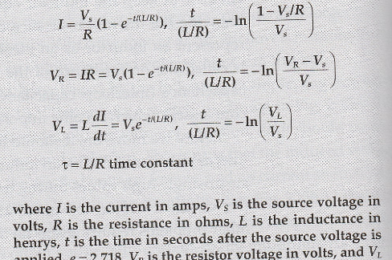The LR Series Circuit The above LR series circuit is connected across a constant voltage source, (the battery) and a switch. Assume that the
Inductive spiking And Flyback Diode
Flyback Voltage and its Origin A Flyback voltage or an Inductive Flyback is a voltage spike created by an inductor when its
Reverse Polarity Protection
eries Diode – By far the cheapest and easiest to install is a diode in series with the positive power lead. Anode toward
Transistor Capacitance Multiplier
The basic capacitance multiplier circuit is essentially a simple emitter follower with a capacitor on the base and a feed resistor from
Unusual Transistors Circuits
Diod Transistors Transistor as a Zener Zener diodes connected as shown in Fig. 1 are carefully doped at manufacture such that they
Why Parallel Capacitors?
Calculating ripple voltage and current To choose the right capacitor for the input filter of a switching regulator, for example, the capacitance
Mosfet bootstrap for high-side gate driver
profisional bootstrapping circuit
gamma function
in cmath is called tgamma
Utility libraries in c++
initializer_listtemplate< class T >class initializer_list;https://en.cppreference.com/w/cpp/utility/initializer_list size returns the number of elements in the initializer list(public member function) begin returns a pointer to the first element(public member
Conversion in c++
static_castConverts between types using a combination of implicit and user-defined conversions dynamic_castSafely converts pointers and references to classes up, down, and sideways
Template in c++
Function templates Class templates Non-type parameters for templates Parameter pack or Variadics template Pack expansion Template Specialize style
Class in c++ part2
abstract class override specifier final specifier friend declaration Bit field If the specified size of the bit field is greater than the
Classes in c++ part 1
Class declaration Member specification Function definitions Access specifiers Using-declarations member template declarations alias declarations local struct injected-class-name Non-static data members Member initialization
initialization in c++
Default initialization Value initialization T()new T ()Class::Class(…) : member() { … }T object {};T{}new T {}Class::Class(…) : member{} { … } Direct initialization T object ( arg );T object ( arg1, arg2, … ); T object { arg }; T ( other )T ( arg1, arg2, … ) static_cast< T >( other ) new T(args, …) Class::Class() : member(args, …) { … } [arg](){ … } Copy











